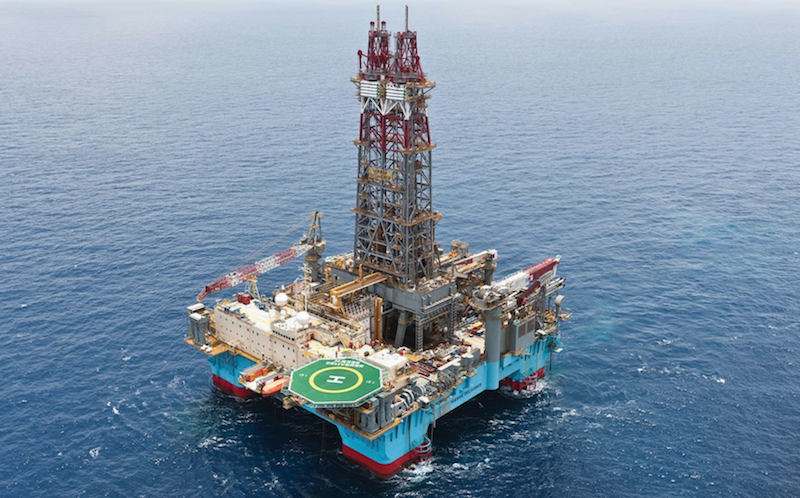Last week, A.P. Moeller-Maersk announced it would seek to spinoff its offshore drilling unit, Maersk Drilling, to shareholders.
The decision follows two years of seeking a sale of the 24-rig business. The Danish company could not have chosen a worse time to try to get top value for its fleet given the global oil price collapse at the end of 2014 and the slow recovery. The downturn has caused companies in the petroleum industry to reassess their business strategies, downsize operations, restrict capital investment, and seek investment opportunities that offer more rapid, and potentially higher, returns than traditionally experienced in the offshore market. Finding a buyer for expensive offshore drilling rigs when a glut of rigs existed was impossible.
The long and colorful history of Maersk reflects a record of significant technological advancements for its businesses. This began with the late 1800s shift from sail to power for ships, developing a global logistics network based on containers and progressively larger cargo carriers that have lowered the cost of shipping, and creating a significant energy business. The company’s entries into the oil tanker market, offshore oil and gas exploration and development, and offshore drilling and supply vessel operations were driven by opportunities to capitalize on emerging trends in the North Sea and Europe.
The recent downturn in shipping occurred just as A.P. Moeller-Maersk was taking delivery of the world’s largest containerships, designed to revolutionize global cargo shipping. That challenge was magnified by the delivery of nine drilling rigs, including four high-cost drillships, in the last five years. It was a huge bet on deepwater drilling at a time when falling oil prices and shale drilling undercut the offshore market.
Analysts value the drilling fleet at $4.8 billion, a price beyond the capability of any of the existing large public drilling companies. In contrast to A.P. Moeller-Maersk’s ease in selling its oil and gas operations to French petroleum company Total, selling the rig fleet proved impossible. A stock market listing will help facilitate a transaction. By listing the shares on the Copenhagen stock exchange rather than in the U.K. or U.S., may lead to a realistic market valuation that will facilitate a merger proposal.
By spinning off Maersk Drilling next year, its parent receives $1.2 billion in cash from the revamped balance sheet. More importantly, 2019 may be a better environment for the driller as the nascent offshore recovery should gain strength as the year unfolds. A better share valuation for Maersk Drilling, as well as all other public offshore drilling companies, should further help industry consolidation.
The message from the Maersk Drilling announcement is that the offshore market recovery is underway but is progressing slowly. Next year business should be better for the offshore industry, and fortunately, Maersk doesn’t need to hold a fire sale for its drilling assets.





